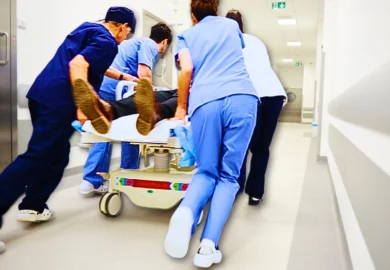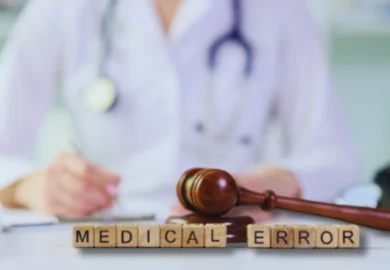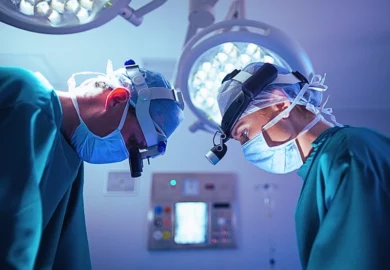Hospital policies vs patient safety is a critical conflict in medical care, as administrative decisions often conflict with clinical needs. Patients expect that all procedures and protocols are designed to protect them, but the reality can be different. Sometimes, hospital policies focus on maximizing efficiency or cutting costs, which can create a fertile ground for errors. When a facility prioritizes
Medical Malpractice
Medical malpractice cases differ from other types of injury cases in that they are often more complex and require proof that a medical professional or facility practiced care that was substandard, comparing that care to that of other similar practitioners in the same field.
Time matters in medical care because it can prevent a treatable condition from becoming a life-threatening emergency. A delay in cancer diagnosis or treatment, for instance, can allow the cancerous cells to spread, which limits treatment options and reduces survival rates. Hospitals often lose critical time that compromises patients’ wellbeing at the registration and initial assessment desk, laboratory, operating room,
Did You Know?
- If you are injured at work you may be able to recover compensation through a workers’ compensation claim as well as by filing a personal injury claim against responsible third parties.
- A signed liability waiver may not be enough to bar your personal injury claim if willful acts or negligence caused your injuries.
- Some SSDI claims qualify for expedited processing, allowing claimants to obtain approval in a matter of days or weeks.
Breakdowns in hospital communication cause serious injuries when medical professionals fail to share or act on crucial, patient-specific information during consultations, shift handovers, and interdepartmental transfers. The main reason hospitals rarely admit to communication errors after a patient gets harmed is to avoid legal and financial liability.
Hospitals try to explain or minimize medical errors in Chicago, IL, by reclassifying the error as a known risk, reducing individual liability by terming it as a system failure, or transferring liability to the patient. They may also blame the patient’s pre-existing conditions or conceal crucial information in complex medical jargon.
More than one doctor can be liable in a medical malpractice case, particularly when multiple doctors are involved in treating a patient and their collective negligence leaves the patient injured. Illinois legal doctrines, such as joint and several liability, often apply to claims involving multiple liable parties. Proving liability requires injured patients to present strong evidence.
Delayed C-sections become medical malpractice in Chicago when a mother or a baby suffers injuries because a medical provider took longer than necessary to perform a critical medical procedure. A delayed C-Section may occur because of poor administration of labor-inducing drugs, poor communication, or failure to respond to stalled labor in time. It may also occur due to failure to
You can sue for surgical “never events” when you get hurt because of the negligent actions of your healthcare provider. You must, however, sue within two years from when you got injured or discovered the injury. Common liable parties or entities in medical malpractice claims involving preventable surgical errors include surgeons, surgical nurses, and healthcare facilities.
Surgical errors lead to long-term disability in many situations, for example, via wrong-site surgery, wrong-patient surgery, retained foreign objects, and nerve damage. Errors related to anesthesia and before and after surgery can all lead to long-term disability, too. In Chicago and elsewhere, these errors typically stem from preventable systemic problems. There is no excuse for any of it.
A patient at Northwestern Medicine McHenry Hospital recently filed a medical malpractice lawsuit, alleging a surgical “never event” occurred during his procedure, causing him additional health issues, pain and suffering, and delaying his cancer treatment.
About Ankin Law:
Videos:
If You Suffered Injuries:
- In an auto accident
- By Medical Malpractice
- In a workplace accident
- In any personal injury accident
Call: (312) 600-0000
Categories:









